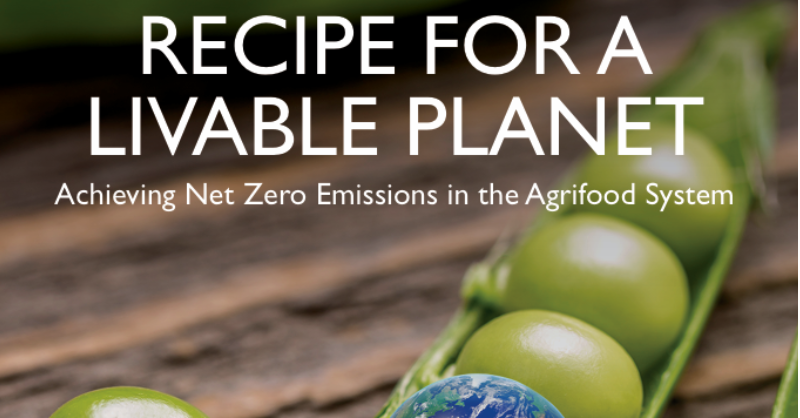Agriculture/natural capital
What we grow, where and how we grow it, and what we eat. Plus how we can protect and enhance our natural environment including biodiversity.
How big a water problem does Europe have ?
European consumers have got used to cheap and fresh produce in our supermarkets, often all through the year. But much of this produce comes from water stressed countries - hard to believe on a wet day in Northern Europe, but true.
Replacing lost soil carbon
A generation of farmers and scientists are working together to find ways to sequester carbon in the soil, while improving crop yields. And it's not difficult. It involves no new technologies. However, the biggest barrier is humans
Is the need for greener agriculture even more urgent than we first thought?
Does investment in green agriculture need greater attention? It seems pretty obvious to most people that we should be focusing our investments and actions on the biggest climate related challenges.
'Rioting' farmers and the importance of engagement
A Vox article caught our eye this week titled 'How rioting farmers unraveled Europe's ambitious climate plan.' The article discusses the ongoing conflict between farmers in the European Union (EU) and the EU's efforts to implement environmental regulations through initiatives like the Green Deal
Deforestation and zoonotic diseases
Forests are a significant ecological and economic resource that sequester carbon and provide habitat for wildlife and livelihoods for communities. A number of activities cause deforestation including the clearing of forests for commercial crop cultivation (e.g. soybean, palm oil, and wheat) and for livestock grazing especially in tropical regions
Can we have better meat?
What is better meat ? There is a lot of discussion about how we need to eat less meat, for all sorts of reasons, not just climate change. But, another part of the solution is eating 'better meat'.
Deforestation - promises promises promises
Most people agree we need to halt and then reverse deforestation. This has been reflected in all sorts of pledges and commitments, the most high profile probably being from COP26 in 2021, where governments and companies promised to halt and reverse forest loss and land degradation by 2030. That all
KlimaSeniorinnen, the Great Indian Bustard and Insurance.
A number of judgments were handed down last week that could have important implications for insurance, investing and project viability. The European Court of Human Rights ruled that Switzerland violated citizens' human rights by not doing enough to combat climate change. The court sided with over 2,000 Swiss
Clean ammonia - the decarbonised future of fertiliser
We know we need to decarbonise ammonia production. There are already technical solutions, including electrification, and the use of green hydrogen as a feedstock. In most cases they are not yet financially comparable, but they seem to be getting closer. But in many situations decentralisation can also be a practical
Buying ethical and affordable chocolate is really hard
Those of you who celebrate Easter will have noticed that your easter egg has either got smaller or more expensive. But spare a thought for those who want to buy ethical chocolate - they have a different problem. How do you know your chocolate is ethical, and how much extra
Legal opinion - no surprise, directors do need to consider nature related risks
The Commonwealth Climate and Law Initiative, together with Pollination, commissioned a legal opinion from a team of corporate and financial law barristers on the duties of UK company directors and the need to consider and assess nature related risks. For regular readers of our blogs, it will come as no
Fertiliser is going green. Or is it?
About 80% of ammonia produced is used to make fertiliser. In terms of direct emissions, it is almost 2x as emissions intensive as crude steel production and 4x that of cement at approximately 2.4 t CO2 per tonne of production. In this blog back in March 2023, we discussed











